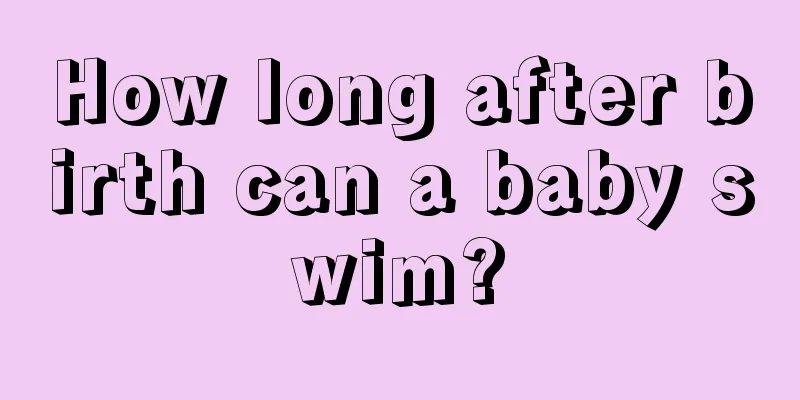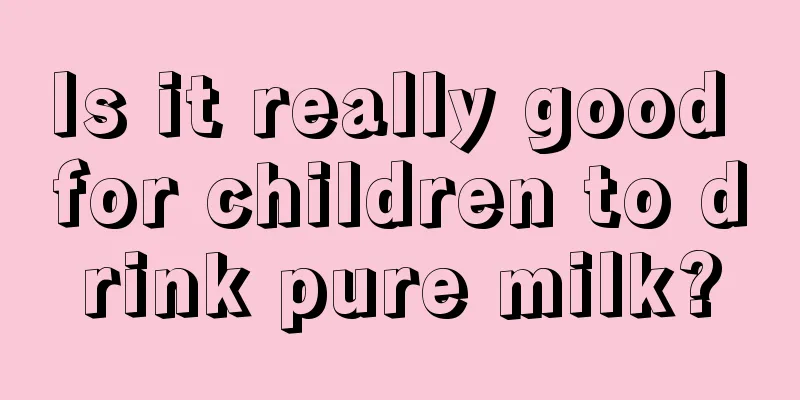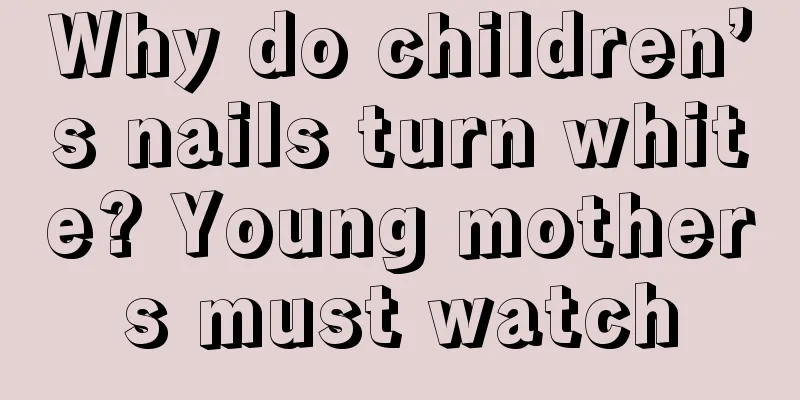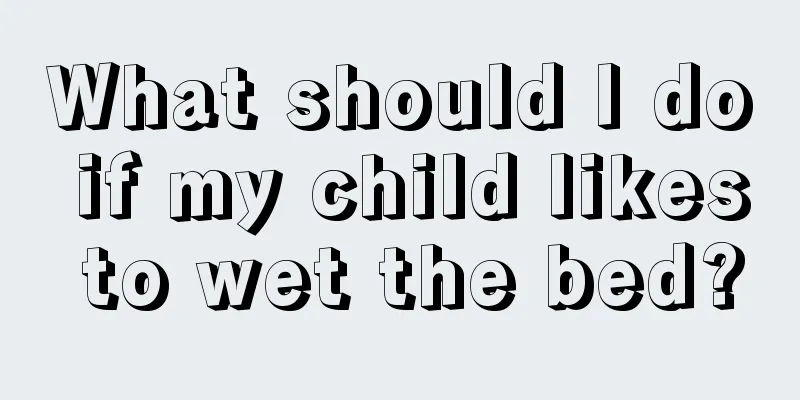What should I do if my child has conjunctivitis? These methods solve
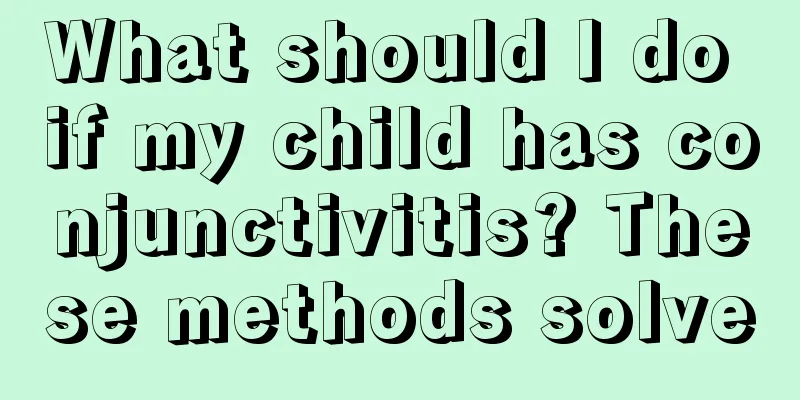
|
Normally, conjunctivitis, an eye disease, will not affect a person's vision. However, if the disease is not treated in time and develops seriously, it will also cause decreased vision and is very harmful. So what are the treatments for conjunctivitis in children? 1. Disease treatment Allergic conjunctivitis in children is mainly caused by contact with pathogens or pathogenic factors. Therefore, the first principle of treatment is to keep children away from pathogens. If it is infectious, attention should be paid to personal hygiene, children's hands should be kept clean, and they should avoid rubbing their eyes. In special circumstances, the children should be isolated to avoid epidemic infections in small groups such as schools. If it is caused by environmental irritation, try to avoid the source of irritation and reduce going to public places. If it is allergic, contact with allergens such as pollen should be avoided. The treatment of conjunctivitis is mainly based on local medication, and the number of times the medication is used depends on the condition. Generally, the affected eye is not covered, otherwise the temperature in the conjunctival sac will increase, which is more conducive to the growth and reproduction of bacteria. Topical medications include eye drops and eye ointments. Parents must not use various eye drops blindly on their own. If used improperly, it may delay the disease and cause serious consequences. You need to seek medical attention promptly, use eye drops in a standardized manner under the doctor's guidance, cooperate with treatment and follow up regularly. 2. Disease Prognosis Conjunctivitis in children is the most common type of eye disease, and the prognosis is generally good after standardized treatment. Conjunctivitis itself generally does not have a serious impact on vision, but when the inflammation spreads to the cornea or causes complications, it can lead to vision impairment or even blindness. Parents must not think that conjunctivitis is a "minor illness" and neglect regular treatment, which will cause irreparable damage to children. 3. Disease care 1. Avoid rubbing your eyes with your hands: When conjunctivitis causes itching and pain, children should be reminded not to rub their eyes with their hands, because rubbing the eyes can easily bring bacteria or viruses on the hands into the eyeball and aggravate the infection, and it is also easy to transfer bacteria in the eyes to the hands and infect others. 2. Avoid infecting others: Children are often in a collective living and learning environment, and it is difficult to avoid contact between children. Eye secretions are highly contagious, so it is best not to go out when suffering from infectious conjunctivitis. Objects that have been touched should be disinfected to prevent infection to others. 3. Rinse the eyes: When the child has a lot of eye secretions, rinse with normal saline, but it must be done under the guidance of a doctor. Wipe the eyelid margin with a sterilized cotton swab before rinsing. The secretions need to be wiped off before applying eye drops each time to improve the efficacy. 4. Do not cover the affected eye: Children with conjunctivitis will have irritation symptoms such as photophobia and tearing. They can wear sunshade glasses when going out to reduce irritation, but should avoid covering the affected eye. Because covering it will prevent secretions from being discharged, and at the same time increase the local temperature and humidity of the conjunctival sac, it is conducive to the reproduction of bacteria or viruses and aggravates the condition. |
<<: What should I do if my child is nearsighted? Parents can do this!
>>: What should I do if my child keeps blinking? Parents, please remember these measures
Recommend
Tips for dealing with itchy backs in children
The weather is relatively dry in spring and winte...
What causes white stool in children?
What are the symptoms of white stools in children...
What to do if the baby's fever does not go down after taking antipyretics
If the baby's fever does not go down after ta...
How to discharge amniotic fluid from the stomach of newborns
If a child accidentally inhales amniotic fluid wh...
What medicine should my baby take for red and swollen gums?
Dental problems in life always bring various impa...
Is it okay for children to drink milk powder before going to bed?
Infant milk powder is a formula milk powder speci...
Normal range of vital capacity for children
Vital capacity refers to the maximum amount of ox...
What are the requirements for baby silver bracelets
There has always been a folk custom of giving sil...
Laryngeal edema in children
When babies are young, they cannot speak yet, so ...
Symptoms of separation anxiety in babies
In fact, the world is still relatively unfamiliar...
Is it okay for children not to use pillows?
A pillow is a kind of bedding that people use whe...
There are three most likely ways to transmit hand, foot and mouth disease!
Hand, foot and mouth disease is caused by the spr...
What are the consequences of calcium deficiency in newborns?
The consequences of calcium deficiency in newborn...
Should I feed my newborn baby when he is hungry?
Many parents think that babies should not be spoi...
What to apply when a child is bitten by a mosquito
There are a lot of mosquitoes in the summer. Even...
